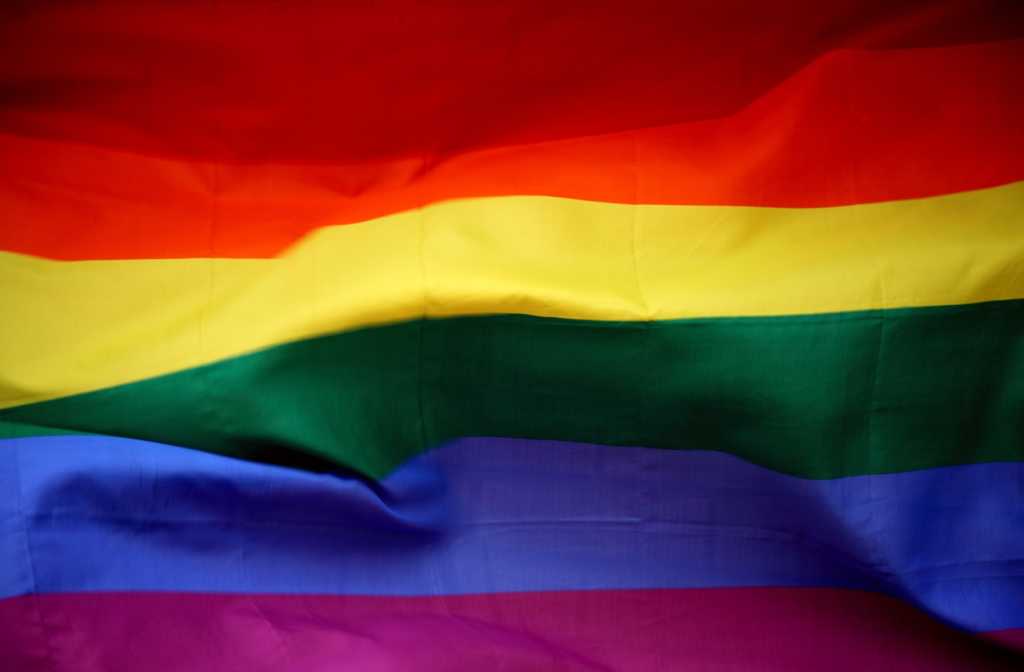The professor of a course on “queer Bible hermeneutics” at a Christian college in Dallas says the class is “always well-enrolled.”
Susanne Scholz, a professor of Old Testament theology at Southern Methodist University, first taught the controversial course in 2014. She taught it again in 2016 and is teaching it this year as well, according to The College Fix.
The description of the class says it’s a “study of the historical, political, cultural, and religious-theological discourses about gender and sexuality in the context of the interpretation of the Hebrew Bible.” The course is intended to help students develop “self-critical perspectives about the influence of biblical meanings on hermeneutically dynamic, politically and religiously charged conversations over socio-cultural practices related to LGBTQ communities.”
According to the class’ syllabus, queer interpretation of Scripture is “an increasingly important research area in the academic field of biblical studies.”
Scholz told The College Fix she was inspired to teach the course following the controversy over Methodist minister Frank Schaefer, who was defrocked in 2013 after he officiated a same-sex marriage ceremony for his son. His ministerial credentials, it should be noted, were later restored by higher church authorities.
Schaefer’s situation, the academician said, “made me realize that I need to teach my seminary students about queer Bible hermeneutics and to equip them to be intellectually, theologically, and biblically educated on the current debates on the Bible and queerness in the church, in academia, and in society.”
Scholz also finds the timing of the class apropos, considering the United Methodist Church’s decision in February to stick with the biblical understanding that marriage is a holy union between one man and one woman. At the time, the UMC’s general conference adopted the so-called Traditional Plan, which reinforces the denomination’s Book of Disciple, barring LGBTQ clergy and same-sex marriage.
In April, the UMC’s top court upheld the general conference vote in favor of the Traditional Plan.
“Right now, our UMC students seem to be rather concerned about the ecclesial situation about gay ordination and gay marriage in the [Methodist church],” Scholz explained. “It is breaking the hearts of many UMC members, and our UMC students worry about their ministerial future in light of the decision to disallow gay ordination and gay marriages in UMC congregations.”
Following the UMC vote to affirm a biblical interpretation of marriage, the Methodist college’s Perkins School of Theology issued a statement, saying the denomination’s decision “in no way changes our institution’s historic stance of inclusion.”
“We are a diverse community that welcomes students, staff and faculty — including those who identify as LGBTQIA — from a wide range of traditions and perspectives,” the school’s statement read. “We see our inclusiveness as both an abiding strength and a positive goal.”



